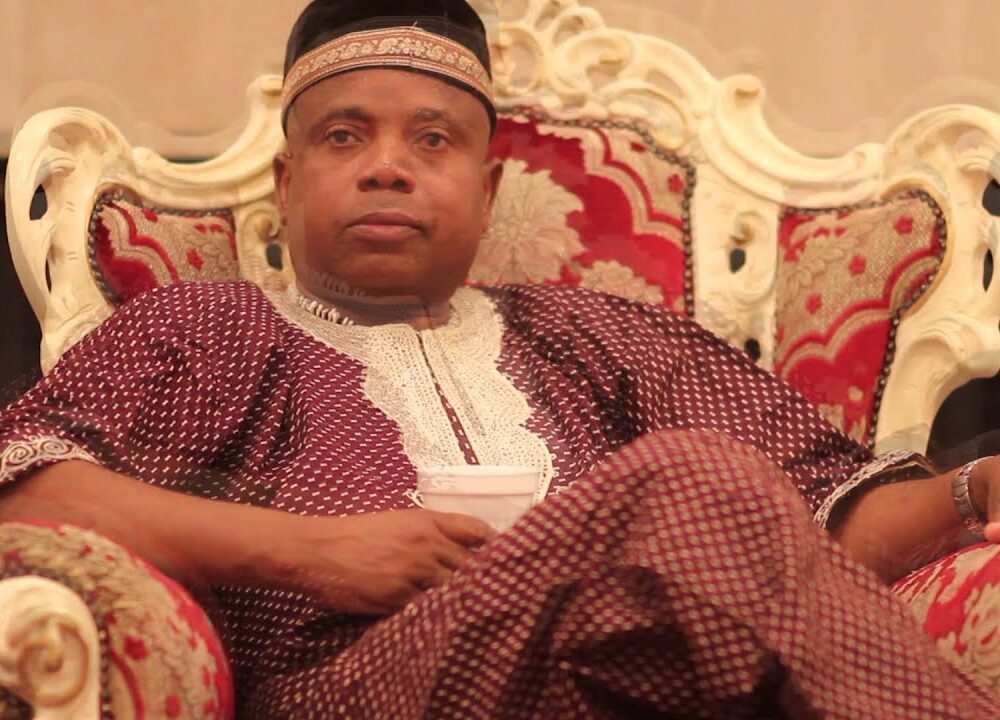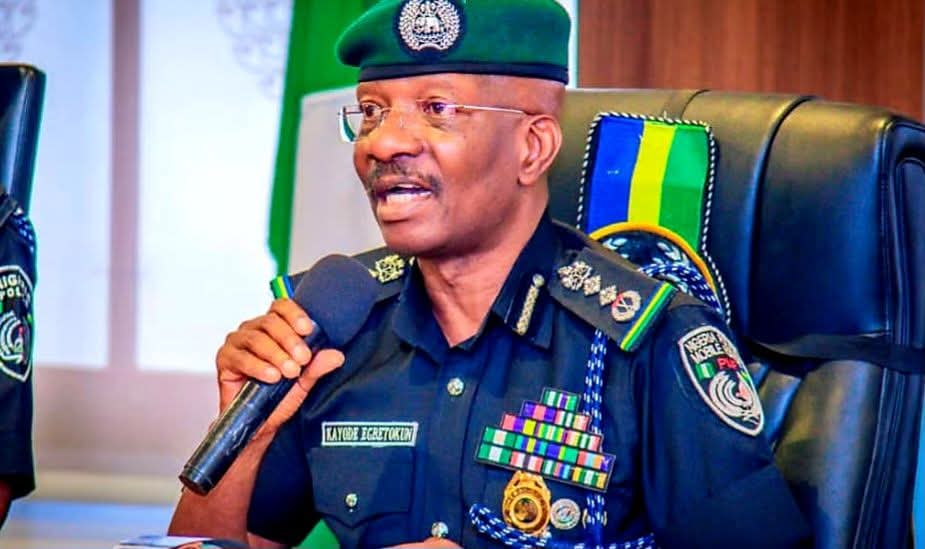In an era of globalization, where nations are interconnected through trade, diplomacy, and cultural exchange, the public image a country projects on the international stage is more crucial than ever.
At the heart of this image is the concept of national pride a powerful, often intangible force that shapes how a nation is perceived both from within its borders and by the global community.
In my writings, I plan to explore the core of national pride and its impact on shaping a nation’s public image.
National pride is the sense of identity, love, and loyalty that individuals feel towards their country. It is fostered through shared history, culture, achievements, and heritage.
This collective sentiment plays a pivotal role in unifying a nation’s citizens, instilling a sense of belonging and purpose.
Importantly, national pride can influence a country’s policies, economic strategies, and its global interactions.
Nations leverage their cultural heritage to build a positive image abroad. Through art, literature, music, and cuisine, countries can project an image rich in tradition and vibrancy.
National pride promotes the preservation and promotion of cultural assets, enabling a nation to distinguish itself in the global arena.
National pride often translates into a diplomatic stance that values sovereignty and recognition. Nations with robust national pride pursue policies that assert their independence and influence.
This can bolster a nation’s image as a powerful and confident entity on the world stage, enhancing its standing in international forums.
Economies buoyed by national pride often emphasize innovation and quality, creating a reputation for reliability and excellence. For instance, ‘Made in Germany’ stands as a testament to engineering prowess and quality, driven by German national pride. Strong brands and economic might are thus vital components of national image, bolstered by a nation’s pride in its achievements and capabilities.
Success in international sports can be a significant source of national pride, influencing global perception. Victories in events like the Olympics or the FIFA World Cup provide platforms for countries to showcase talent, discipline, and perseverance, enhancing their international image.
Within national borders, pride strengthens social cohesion and unity, contributing to stability and progress. This internal strength is observable externally, presenting a nation as stable and peaceful—a desirable attribute for partnerships, investment, and tourism.
While national pride can have positive effects, it must be managed to avoid nationalism’s detrimental aspects, such as xenophobia or aggression. A balanced approach to national pride ensures it supports constructive international interactions and cooperation.
Additionally, the digital age and social media have amplified people’s awareness and critique of national images. Countries must navigate digital diplomacy carefully, using these tools to project authenticity and transparency while managing perception challenges and misinformation.
National pride is a dynamic and influential factor in shaping a nation’s public image. As countries strive to enhance their global standing, the cultivation of a positive, pride-fuelled national image becomes increasingly essential.
By celebrating their unique cultural identities, economic achievements, and international contributions, nations can foster respect and admiration on the world stage, contributing to a more interconnected and understanding global community.
As the world becomes more complex, the strategic harnessing of national pride will undoubtedly remain a key aspect of national branding and diplomacy.
*Dr. Afolabi Olajuwon is a Fellow of the Nigerian Institute of Public Relations, Fellow of the Institute of Management Consultants, Fellow of the Chronicle Business School, Abuja, a Researcher and resource person at the International Institute of Journalism, Abuja.





